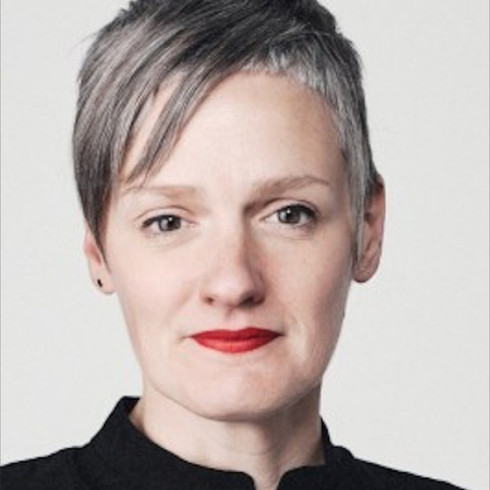Airbnb in Hypergrowth: What It Was Like and How Employees Thrived
- Strive

- Dec 8, 2020
- 3 min read
Updated: Dec 9, 2020
Soon after she started at Airbnb, Kate Shaw was told she couldn’t make any new hires, her operating budget would remain flat, and the company would double in the next year.
“I was shook,” she laughs. As the company’s new director of learning, “I was going to have to start over and rewire everything.”
It was 2015, and Airbnb’s pace was radical. In June, the company raised $1.5 billion in Series E funding at a $25.5 billion valuation. They were expanding services into Cuba, as the Obama administration eased U.S. business restrictions. Legal battles loomed around housing regulations. Still, revenue grew 80% between 2015 and 2016.
These were some of the most promising and transformational times at Airbnb. People were scrambling to join the team. This was the dream. This was hypergrowth.
Hypergrowth: The Promises and the Challenges
Coined in Harvard Business Review in 2008, hypergrowth is the steep part of the S-curve where fledgling businesses can achieve massive revenue spikes and market exposure in very short time periods.
“People want to join hypergrowth organizations because there is just opportunity everywhere you look,” says Shaw.
What they often underestimate is the intense personal toll of working in hypergrowth culture. Being exposed to constant change and evolution is incredibly difficult, especially at warp speed.
Shaw was no exception. As she entered the fray at Airbnb, the best advice came from recruiter Jill Macri:
“You’re going to have to let go of perfect. It’s just never going to happen here.”
Luckily, Shaw had recent experience in letting go. A couple years earlier, she’d decided to leave Lucasfilm, where she’d been steeped in filmmaking for 15 years. It meant relinquishing years of expertise—skills like compositing and animation that would have no place where she was headed.
“I had to leave massive chunks of myself behind, and it was really hard,” she says. “Lucasfilm was not a company so much as a family. It meant shedding an identity.”
She was making space for her next chapter: executive coaching at Apple.
Already part of the Silicon Valley bedrock, Apple loomed over smaller, scrappier tech companies that were hitting valuation milestones at unprecedented rates at the time. Startups founded between 2012 and 2015 grew at twice the rate of companies founded between 2000 and 2013. In 2013, only 39 companies were considered unicorns; today there are 495.
Airbnb was one of them. Now, its IPO is planned for next month.
Staying Open to Change
The company has come far, and is still relatively young. Its rapid evolution has dealt a dramatic hand to employees. It’s easy to underestimate how emotional the process of change can be, how much soul-searching it requires, says Shaw. It’s real work.
When coaching her own teams through periods of transition, she suggests they envision the company’s potential rather than dwell too much on its past, which she calls the “trap of nostalgia.” She helps teams locate a different project or the next chapter.
“These are all moments of fit,” she says. It’s about finding the right one.
That doesn’t mean abandoning everything from a company’s original culture. Just be intentional about it, says Shaw, who credits co-founder and CEO Brian Chesky for being “fluent in culture.”
For instance, Airbnb keeps two important cultural components:
Ritual: The company creates human “love tunnels” to celebrate accomplishments at the company. The tunnels have been with the company from the beginning, and remain an important team-building activity to this day.
Storytelling: Chesky often uses his platform to recall the genesis of Airbnb. As the story goes, Airbnb started when Chesky and co-founder Joe Gebbia rented out air mattresses in their apartment to make some extra cash one weekend. Their first few guests became lifelong friends. Revisiting that story bonds the team together and reinforces the purpose behind the company.
With key elements of Airbnb’s culture intact, they can continue to grow the company as a united team. Timing couldn’t be more crucial. With its IPO planned for next month, during a global pandemic, Airbnb has spent the past few months in “a deep process of self-discovery about who we are as a business,” says Shaw. “Now it’s about how we build upon that deep reflection and resilience. Because that’s really powerful stuff.”
Unfortunately, as opposed to profits and expansions, this kind of growth isn’t measurable. No one will find the answers on a balance sheet. It’s personal and very, very messy.
She’s mostly made peace with the chaos, says Shaw. “I’m a recovering perfectionist.”







Comments